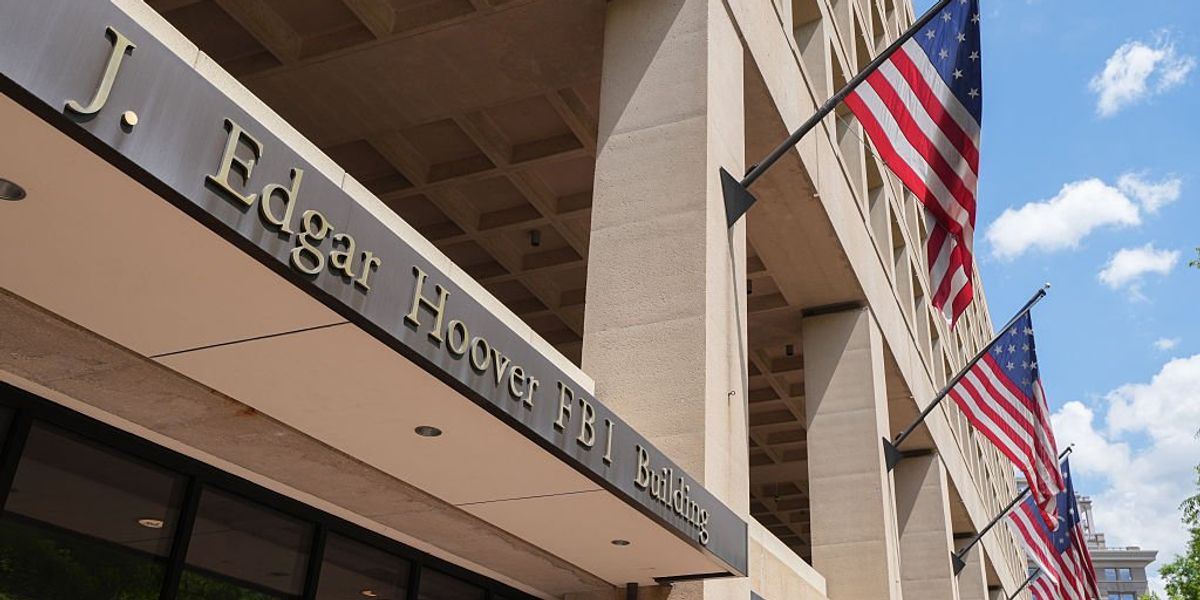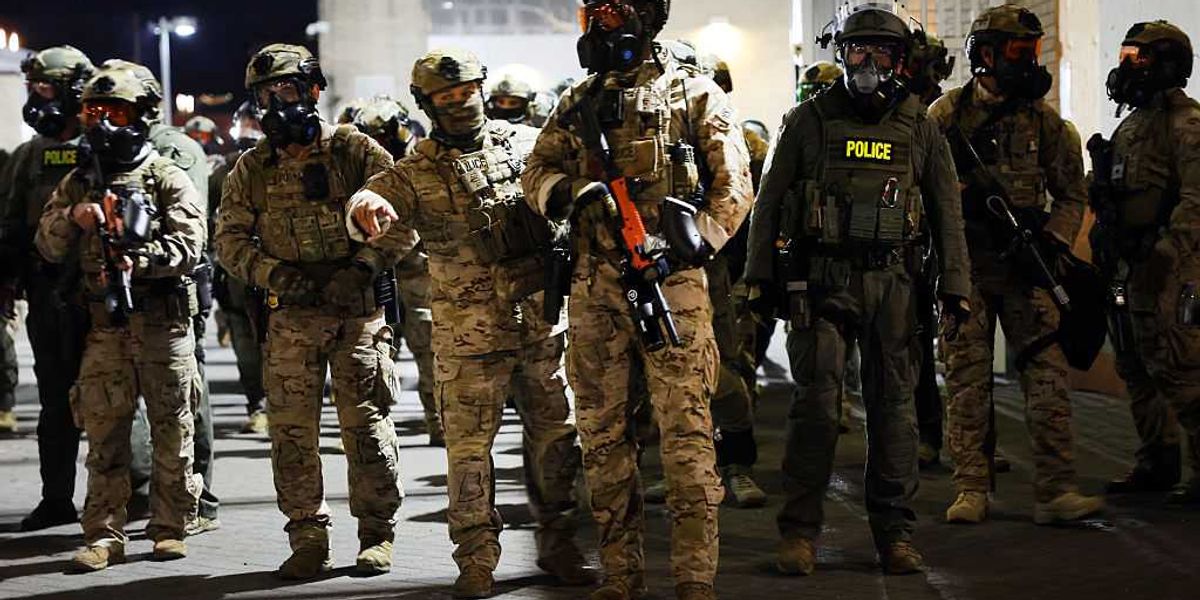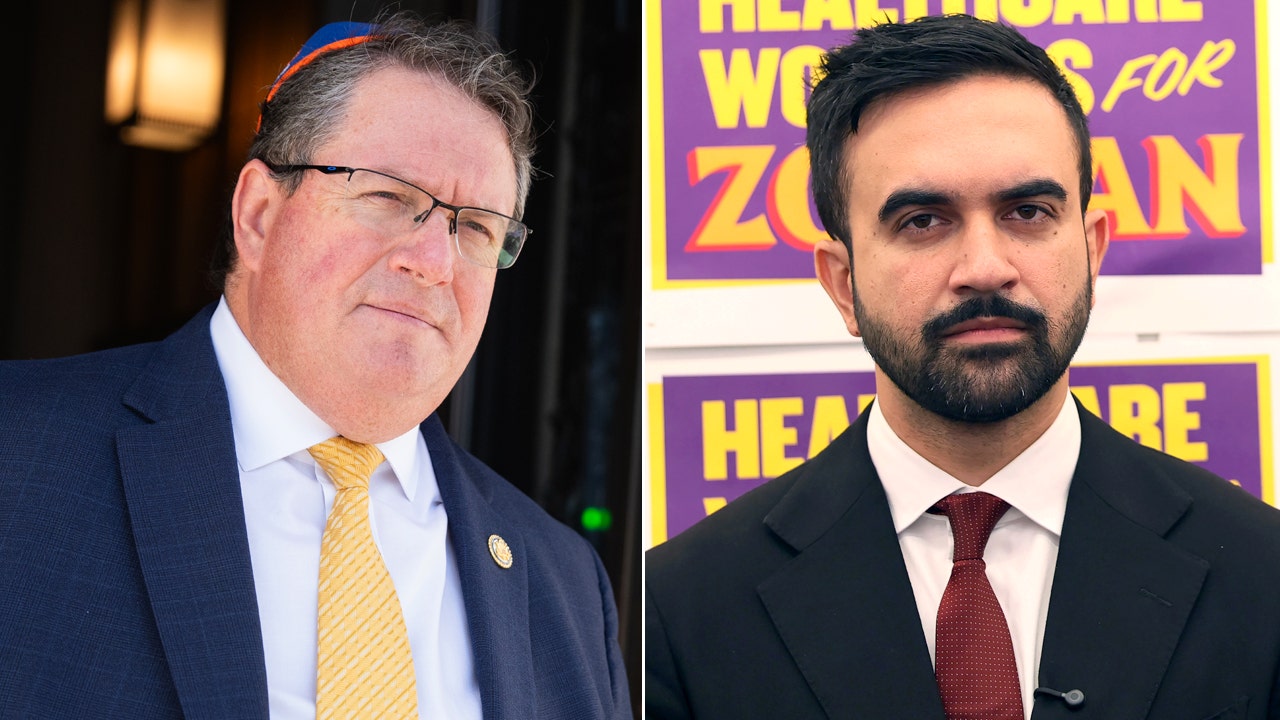The time has come to dismantle the FBI as we’ve known it — and rebuild it into the law enforcement agency it was always supposed to be.
Under former Director Christopher Wray, the FBI became a political weapon. It targeted thousands of Americans, including former President Donald Trump, whose Mar-a-Lago estate was raided in 2022 over “key classified documents.” At the same time, Joe Biden had his own stash of classified material at his Delaware home, which he allegedly took as Barack Obama’s vice president, but the FBI dragged its feet before lifting a finger.
This isn’t just a logistical shift — it’s a symbolic one. A once-centralized, politicized agency now has a chance to rebuild credibility, brick by brick, city by city.
The bureau’s double standards didn’t stop there. Agents monitored citizens for their social media posts and even flagged Christians based solely on their religious beliefs. This isn’t law enforcement — it’s ideological policing.
Now, with Wray gone and Kash Patel stepping in, the FBI has reached a crossroads. And Patel has already announced a major shift. Change can’t come fast enough.
Moving out
Patel recently announced on Fox News that the FBI plans to vacate its longtime home at the J. Edgar Hoover Building in Washington, D.C., and disperse more than 1,500 active employees to field offices nationwide.
This is welcome news — for several reasons.
First, keeping the FBI’s nerve center in D.C. creates obvious political risks. It placed the bureau within easy reach of powerful politicians eager to influence investigations — something President Biden has reportedly taken advantage of more than once. Centralizing the agency in one building also posed a glaring security risk. A single well-coordinated attack could have crippled the FBI’s operations.
Second, the Hoover Building itself has deteriorated significantly. The Biden administration showed no interest in restoring it. Patel’s plan doesn’t just address a structural issue — it signals a cultural shift.
RELATED: Inside Trump’s plan to make the FBI great again
Photo by Chip Somodevilla/Getty Images
“We want the American men and women to know if you’re going to come work at the premier law enforcement agency in the world, we’re going to give you a building that’s commensurate with that, and that’s not this place,” Patel said.
The goal is clear: decentralize power, reduce vulnerability, and rebuild the bureau’s credibility from the ground up.
Time to rebuild
This move offers real benefits.
Dispersing FBI agents across the country allows them to respond more quickly to cases without relying on costly, time-consuming travel. Imagine a homicide investigation that requires FBI involvement. Instead of waiting days for special agents to arrive from Washington, a local team can jump in immediately. That keeps cases from stalling and gets justice moving faster.
It also improves coordination with local law enforcement. For years, under Wray, cooperation often felt strained or disjointed. Decentralization gives agents a better chance to build working relationships with police departments on the ground. That alone marks a major improvement.
But the real win? Breaking from the old image of what the FBI had become.
This isn’t just a logistical shift — it’s a symbolic one. A once-centralized, politicized agency now has a chance to rebuild credibility, brick by brick, city by city.
As I’ve said, keeping the FBI in the J. Edgar Hoover Building only reinforces the agency’s worst associations. That building still bears the scars of Director Wray’s missteps — and before him, James Comey, whose antagonism toward President Trump in 2017 got him fired.
(And judging from recent headlines, Comey still hasn’t taken the firing well.)
This move offers the FBI a much-needed reset. It gives the agency a chance to move past its baggage and build something more effective, transparent, and accountable. Credit to Patel — and likely Trump — for making the call. FBI agents deserve the opportunity to leave behind the cloud of corruption and step into something better.
I’m eager to see how this changes the bureau — not just for agents but for law enforcement as a whole.
Read the full article here










![Whoopi Goldberg Tells Everyone to ‘Wear Brown Face’ to Dodge ICE at the Super Bowl [WATCH] Whoopi Goldberg Tells Everyone to ‘Wear Brown Face’ to Dodge ICE at the Super Bowl [WATCH]](https://www.boredtrashpanda.com/wp-content/uploads/2025/04/2025.04.12-09.45-boredtrashpanda-67fa364d3ebdc.jpg)

